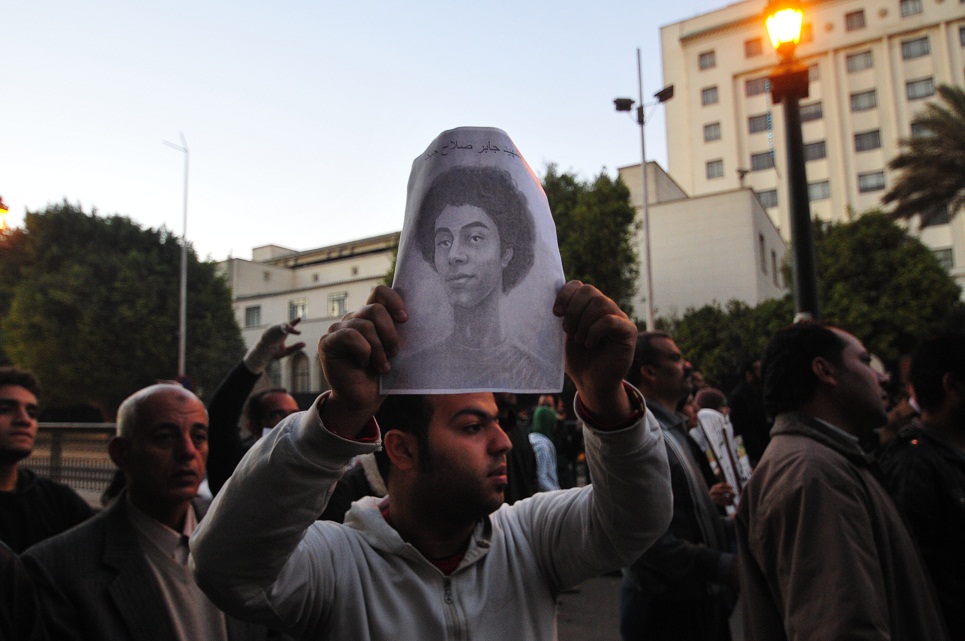CAIRO: Amendments suggested by the Ministry of agriculture to a law regulating auctions and tenders are “part of the counter revolution”, according to the Egyptian Center for Economic and Social Rights (ECESR).
The amendments to law 89 for the year 1998 suggest that state-owned land that was taken by adverse possession and was reclaimed or built on through direct order would be legalized by a special committee comprising members from the state council, Ministry of Finance and Central Auditing Agency.
"This bill suggests consolidating land deals that were made through direct order during Mubarak’s rule which will help the owners escape punishment," ECESR’s statement said.
"Passing the bill means legitimizing previous contracts and the profits they entailed which will obstruct the return of stolen money and impede all lawsuits to revoke these contracts and revoke court rulings that were issued on them as in the case of Madinaty," the statement added.
The ministry said that the bill aims to solve the problems of adverse possession for land owners who cultivated their land after 2006 or after the end of the reconciliation period on Dec. 31, 2010 for small pieces of land only, while bigger plots are to be dealt with under the BOT system.
Law 148 for the year 2006 allowed legalizing adverse land possessions with a maximum of 10 feddans in agricultural land and 100 feddans in desert lands. Owners are allowed to register and pay a price determined by the authorities.
The bill states that acts approved by the committee are final and don’t need complementary procedures.
"The modifications suggest compromising these lands through reevaluation only, ignoring that what happened with these lands isn’t only under-pricing but systematic corruption that involves the crimes of stealing public money, profiteering and mixing authority with business," the statement said.
According to law 89 for the year 1998, issuing direct orders – instead of tenders – is limited to perishable goods, emergency situations that can’t endure auction procedures, items that didn’t receive offers at auctions and items whose price doesn’t exceed LE 50,000.
In emergency situations, direct contracting allowed with permission from the head of the authority with a ceiling of LE 20,000 or the entitled minister or governor with a maximum of LE 50,000.

